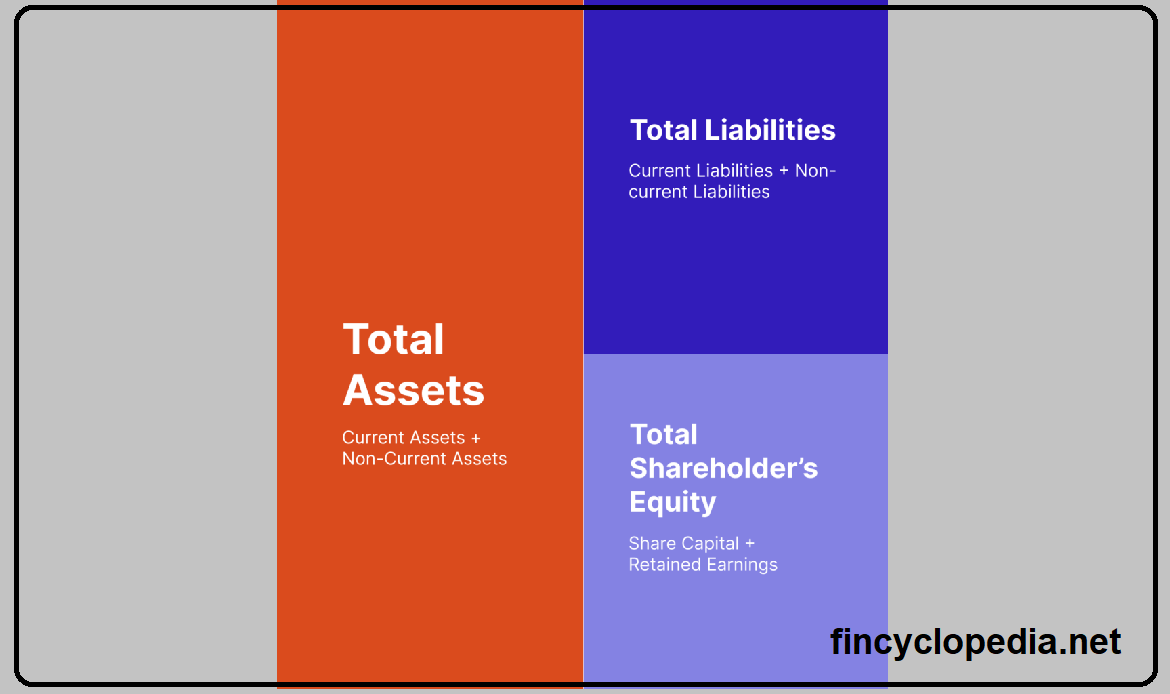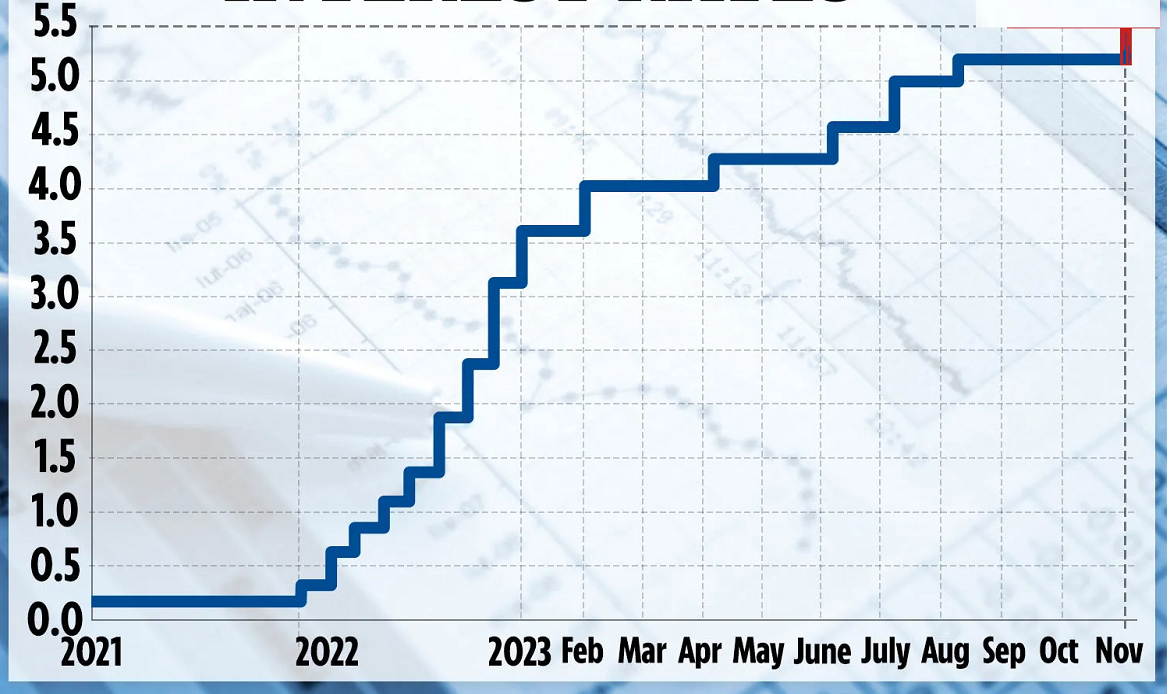A macroprudential measure (tool)- in addition to the broad categories of capital-based measures and liquidity-based measures– that aims to temper or control the rate of growth of borrowings in an economy (e.g., mortgage credit, household loans, consumption credit- or generally, household indebtedness). Borrower-based measures consist of ratio caps, particularly, LTV ratio caps, DTI ratio caps, LTI ratio caps, DSTI ratio caps.
These measures are designed to dampen the so-called feedback loop between housing market dynamics and financial markets due to the fact that housing loans represent an important section of bank credit in an economy. Borrower-based policies, such as limits on LTVs and DTIs, and financial institutions-based policies, such as limits on leverage and dynamic provisioning, provide regulators with options to fine-tune the growth rate in real credit (capital flows on domestic credit) and certain asset prices (e.g., real estate).
Borrower-based tools/ measures are also referred to as borrower-based instruments.






